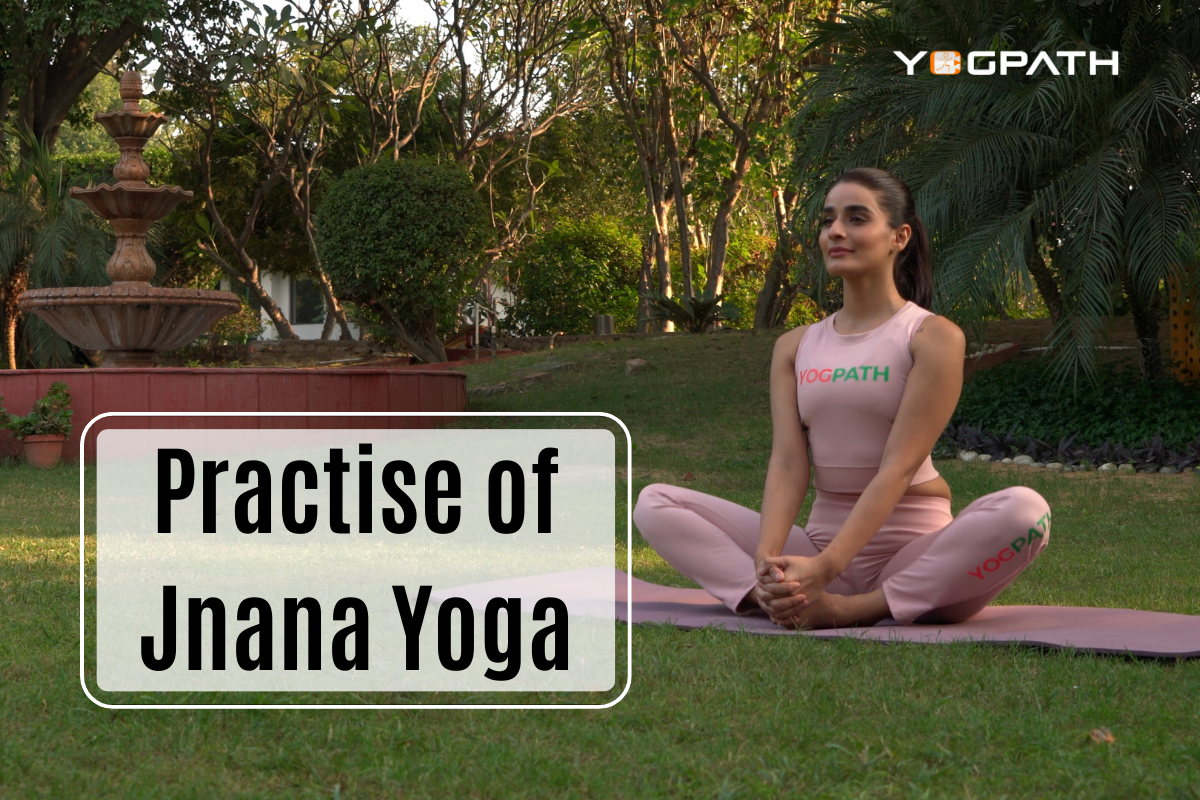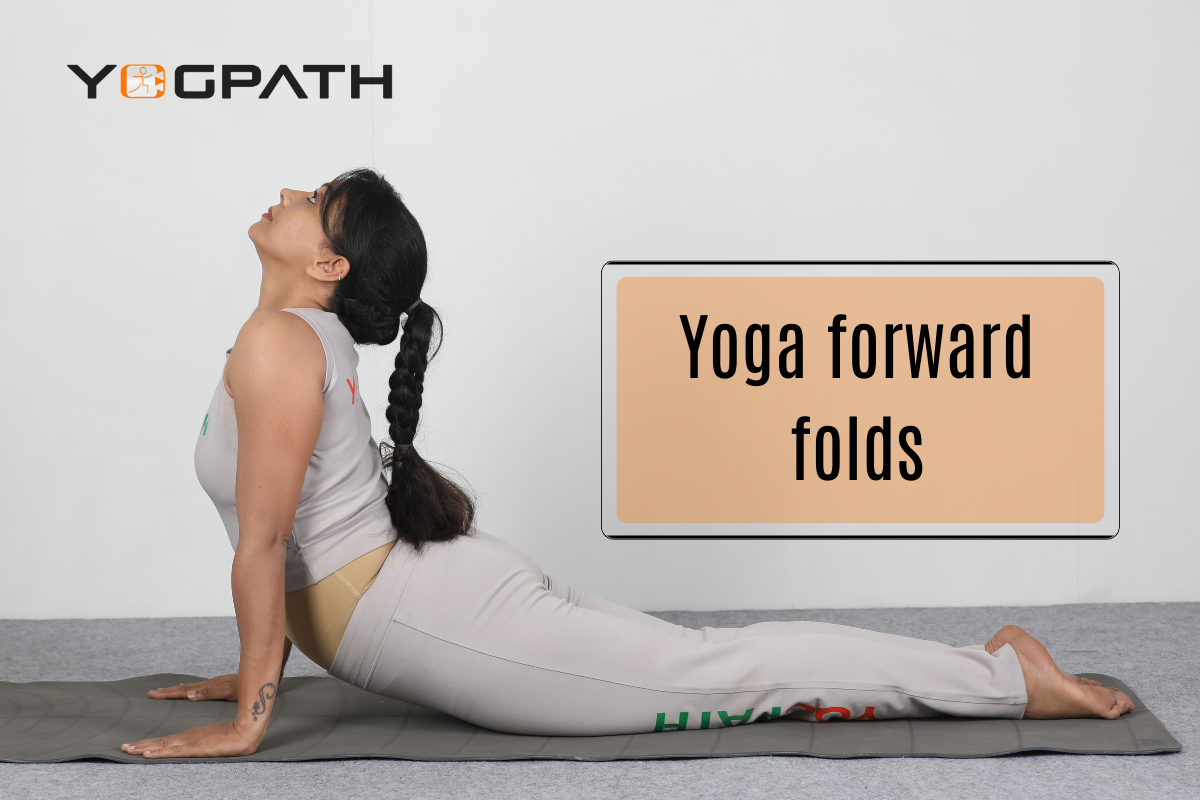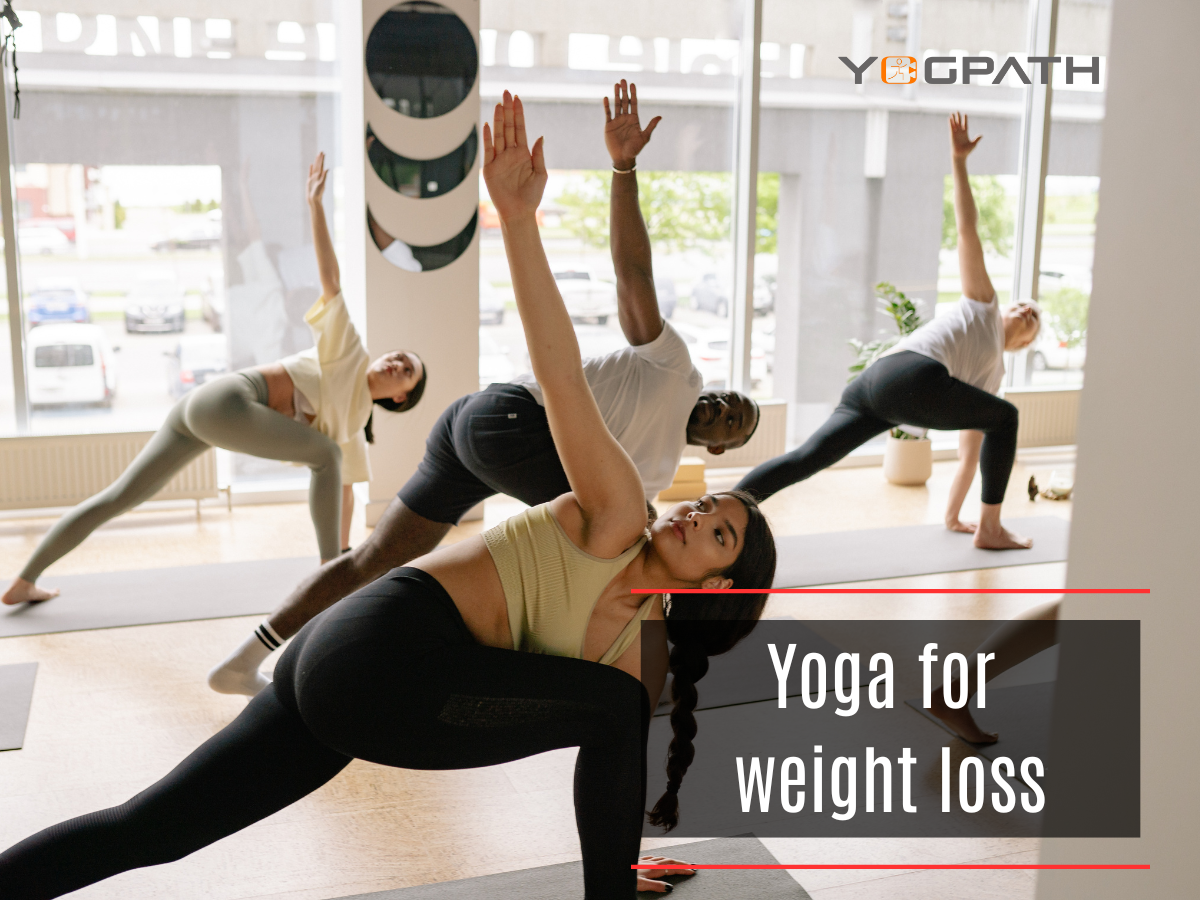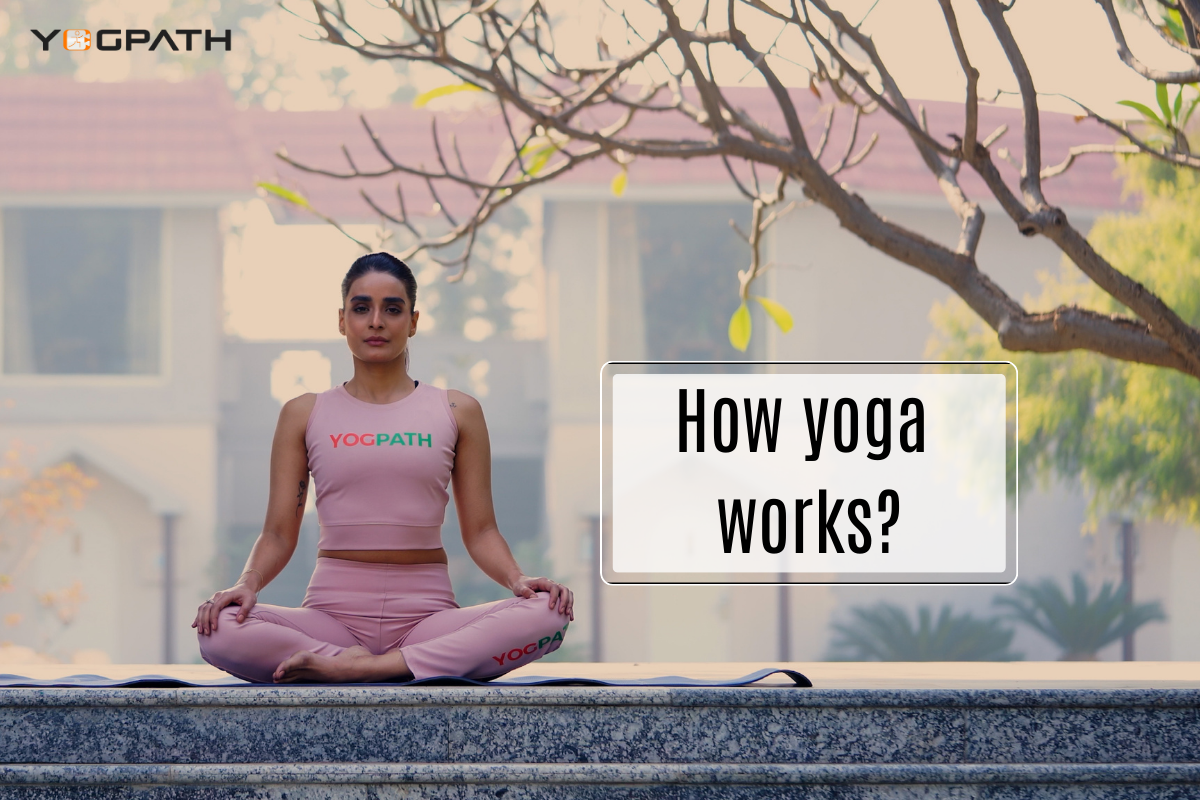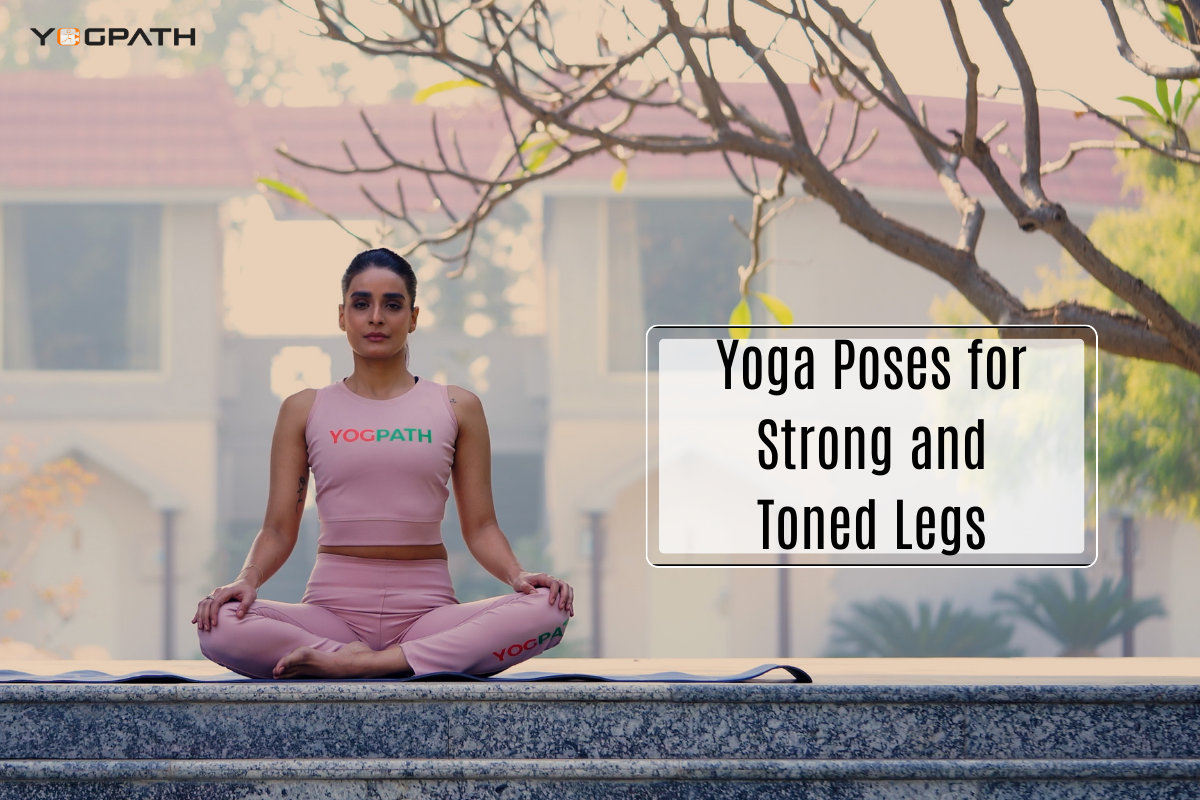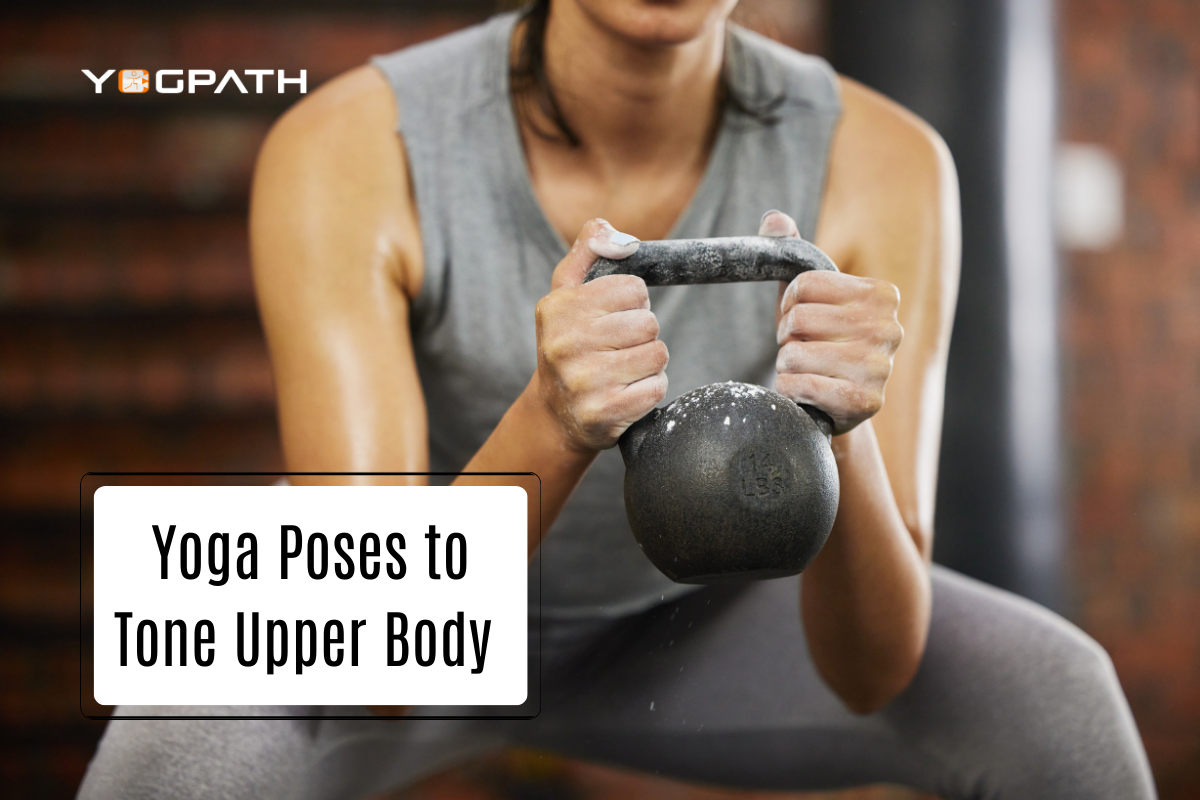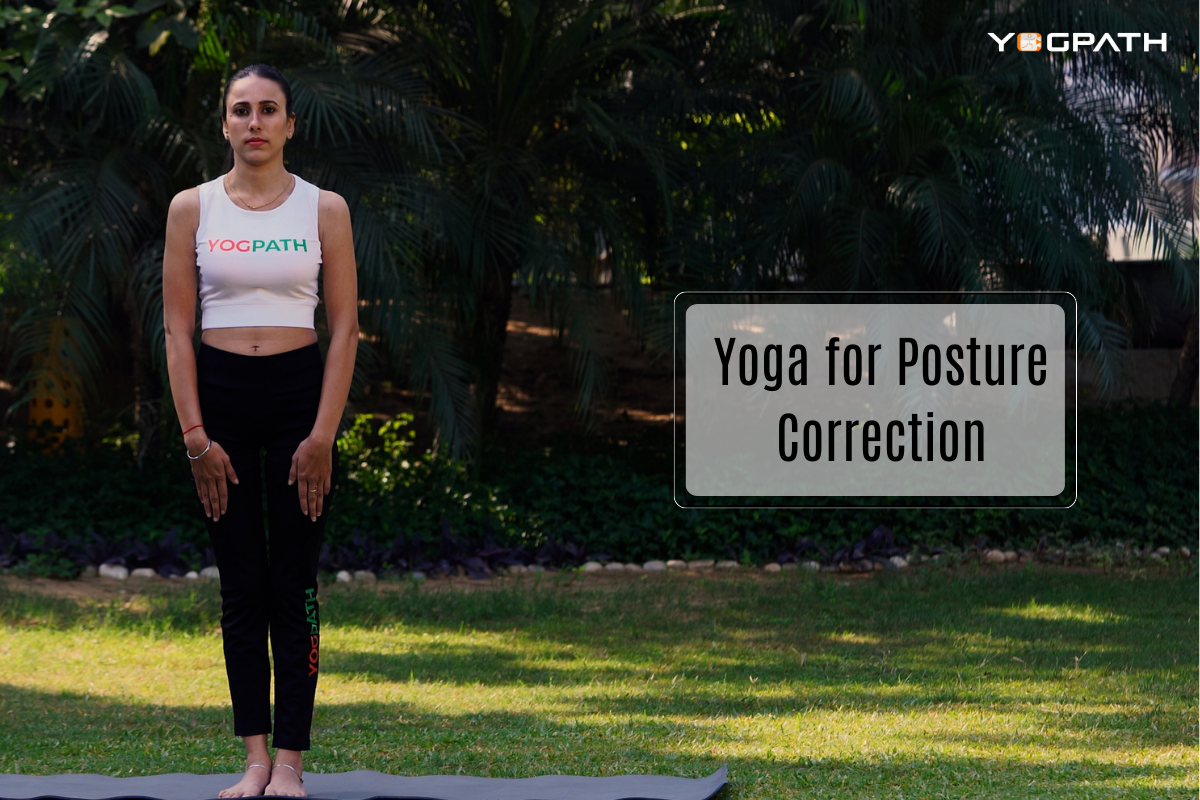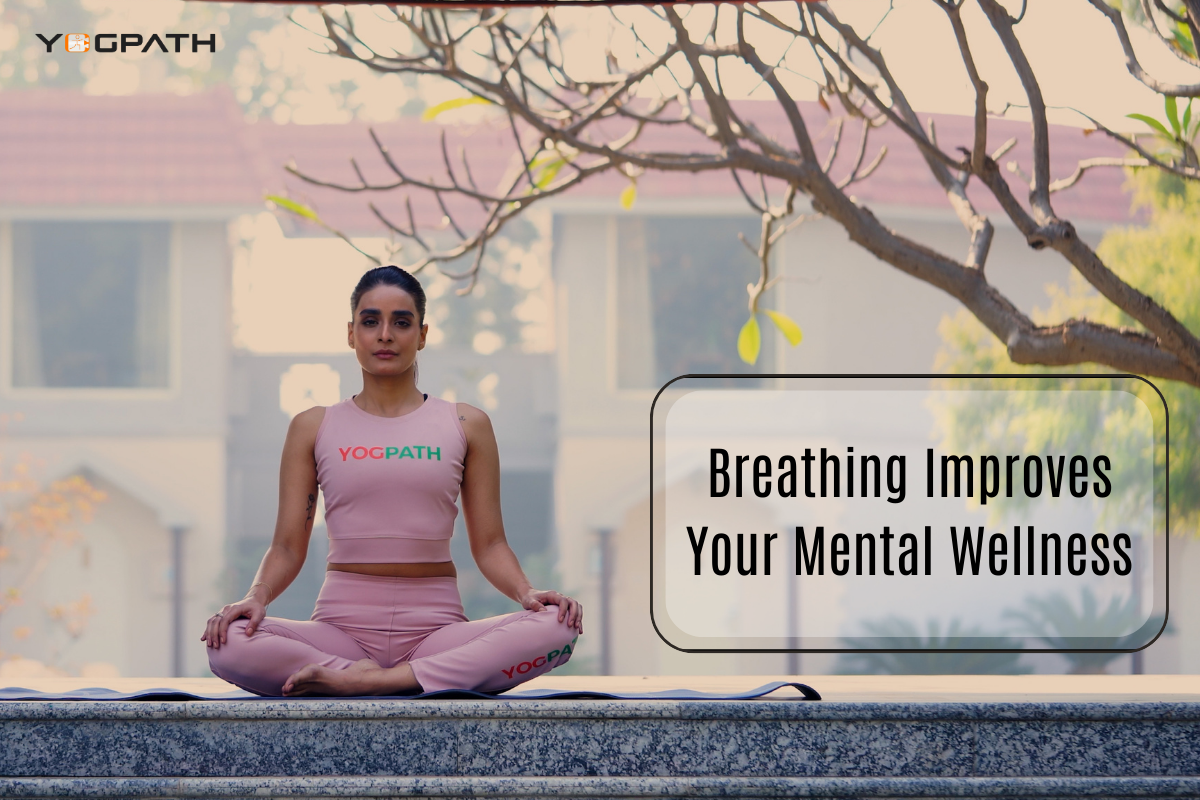
Taking some deep breaths can help alleviate stress. Breathing exercises have many positive effects on our mental health, including helping us deal with stressful situations and conditions like anxiety and PTSD.
The act of taking a few deep breaths sends signals of relaxation to the brain. When we feel anxious or overwhelmed, these signals travel through our nervous system and relieve tension and stress all over our bodies. Stress often manifests physically as a raised pulse rate, shallow breathing, and elevated blood pressure. Regular practise of deep breath reduces these signs and symptoms, bringing physical and mental peace.
Clinical Programs Manager at Diversus Health, Tory Miller, says that deep breath is one of the most restorative and rejuvenating things a person can do for their body. It induces a physiological decrease in stress, enhanced mindfulness, and a sense of physical grounding because it makes use of the brain-body connection. There are many different breathing exercises from which to choose the one that is most beneficial to you.
Breathing exercises are straightforward and simple to pick up. At any time that is convenient for you, try some deep breath exercises. You won’t need any out-of-the-ordinary implements either. Explore various breath practises to find the one that works best for you. Some deep breath techniques that have been shown to help with stress and general well-being are described below.
Causes and Effects of Stress on Mental Illness
Although stress accounts for as much as 80% of primary care doctor visits, only 3% of patients actually receive help with managing their stress, according to a previous study.
Philip Barr, MD, an integrative health specialist and staff physician at Global Cardio Care in Los Angeles, says that stress has a negative impact on nearly every health issue. As a general rule, signals from the brain and spinal cord reach all of the body’s tissues. Stress can exacerbate preexisting conditions in any organ system, he says, because “if the stress side of our nervous system is overactive, it literally affects every tissue in our body.”
To calm your mind and body down, all you have to do is take some deep breaths
Faster breath, a higher heart rate, irritability, higher blood pressure, anxiety, and tense muscles are all symptoms of the sympathetic nervous system being stimulated, as explained by Lin. She explains that this is a part of the “fight or flight” response. She claims that slowing down and practising deep breath can help to counteract the effects of the sympathetic nervous system.
Deep breathing, Lin explains, involves using the diaphragm to fill the lungs to capacity without straining the abdominal muscles. You are decreasing your heart rate, lowering your blood pressure, and loosening up your muscles.
Lin explains that a full inhalation activates the vagus nerve. The parasympathetic nervous system, which regulates the body’s “rest and digest” functions, is largely controlled by the vagus nerve, which extends from the brain stem to the abdomen. The parasympathetic nervous system can be activated to help you begin to relax. Now that you’re feeling better, you can start thinking more clearly,” she says.
For maximum benefit, Lin advises making deep breathing a daily practise, just like exercise or meditation. I have seen patients whose anxiety was through the roof reduce their blood pressure and heart rate significantly after just one minute of focused deep breathing. But you’ll get the most out of it if you commit to regular practise,” she says. She goes on to say that if you do this, your body will learn to better respond to your efforts.
So, are you ready to take a deep breath and dive in? Science has proven that deep breathing can help with a variety of health issues like:
Lowers Blood Pressure
Deep breathing exercises have been shown to reduce anxiety sufferers’ blood pressure by as much as 30 points, as suggested by Lin. However, “their blood pressure is going to right back up again if you talk with them about something anxiety-provoking,” she warns.
Lin stresses the importance of regular practise in achieving long-term health benefits, such as reduced blood pressure.
A review of 17 studies involving 1,165 people published in July 2019 in Complementary Therapy Medicine suggests that slow breathing exercises can lead to moderate reductions in blood pressure. The study’s authors came to the conclusion that breathing exercises could be an effective alternative or complement to medication for people with prehypertension or low-risk hypertension.
Helps with asthma and chronic obstructive pulmonary disease
The symptoms of asthma and chronic obstructive pulmonary disease (COPD) can be alleviated, at least in part, through the practise of breathing exercises.
Asthma patients with mild to moderate symptoms reported improvement in hyperventilation, lung function, and quality of life after participating in breathing exercises, according to a Cochrane review published in March 2020.
In order to make the lungs more efficient and increase oxygen levels, diaphragmatic breathing (i.e. slower, deeper breathing that engages the diaphragm) is commonly taught in COPD pulmonary rehabilitation programmes, as stated by the American Lung Association.
When combined with other interventions like pursed lip breathing and exercise, diaphragmatic breathing has been shown to improve breathing and quality of life in people with chronic obstructive pulmonary disease (COPD), according to a systematic review and meta-analysis published in the Annals of Rehabilitation Medicine in August 2019.
The American Lung Association notes that while learning to breathe more deeply and consciously may seem easy at first, it may take some practise to become proficient at. To avoid feeling even more out of breath, the group recommends taking things slowly to begin with.
Improves Mood and Stress Management
According to Dr. Bell, chronic stress has become even more widespread since the start of the COVID-19 pandemic. He claims that stress disrupts the body’s natural breathing rhythm, which in turn increases the risk of developing anxiety and other mental health issues.
According to him, rebalancing one’s breath system through mindful breathing exercises can have a positive effect on one’s mood and mental clarity. It can be challenging to think clearly when we are under stress, he says.
The stress hormone cortisol was significantly reduced and sustained attention was significantly improved in a small study published in June 2017 in Frontiers in Psychology among participants who learned belly breath (another term for diaphragmatic breathing) over the course of eight weeks compared to the control group.
The Mayo Clinic reports that prolonged exposure to cortisol (and other stress hormones) is associated with an increased risk of a wide range of health problems, including depression and anxiety.
Helps with relieving headaches
If you want to relax and reduce muscle tension, Lin recommends practising deep breathing, which helps calm the sympathetic response. If you suffer from a headache, this could help in a few different ways. As a result, you may experience less severe headache pain and less tension in your neck and shoulders. She advises that you practise relaxation techniques in order to improve your sleep and overall health.
Practicing deep breathing regularly or at the first sign of a headache’s onset may be helpful, especially when combined with preventative and acute medication.
Reduce Irritable Bowel Syndrome Symptoms (IBS)
According to Megan Elizabeth Riehl, PsyD., a clinical assistant professor and health psychologist at the University of Michigan Health in Ann Arbor, deep breathing can aid the digestive system. She explains that diaphragmatic breathing helps with gastrointestinal issues like GERD (gastroesophageal reflux disease), constipation, diarrhoea, and urgency because of the way the diaphragm moves physiologically.
Lin agrees that deep breathing may be helpful for alleviating these symptoms, as stress prevents healthy digestion.
Training in progressive muscle relaxation and diaphragmatic breathing was found to significantly reduce IBS symptoms, depression, and quality of life compared to a wait-list control group in a small study published in April 2020 in Frontiers in Psychiatry.
Reducing the Frequency and Intensity of Hot Flashes
Hot flashes are a common menopause symptom, and a 2017 study published in Maturitas found that high levels of cortisol, a stress hormone associated with the “fight or flight” response, may play a role in their occurrence.
Researchers have found that paced breathing, in which one takes six to eight deep breaths in a minute, can help reduce the severity of hot flashes.
Cancer treatments are not immune to the side effect of hot flashes. Breathing exercises are recommended by Memorial Sloan Kettering Cancer Center to help alleviate hot flashes without the use of hormones.



